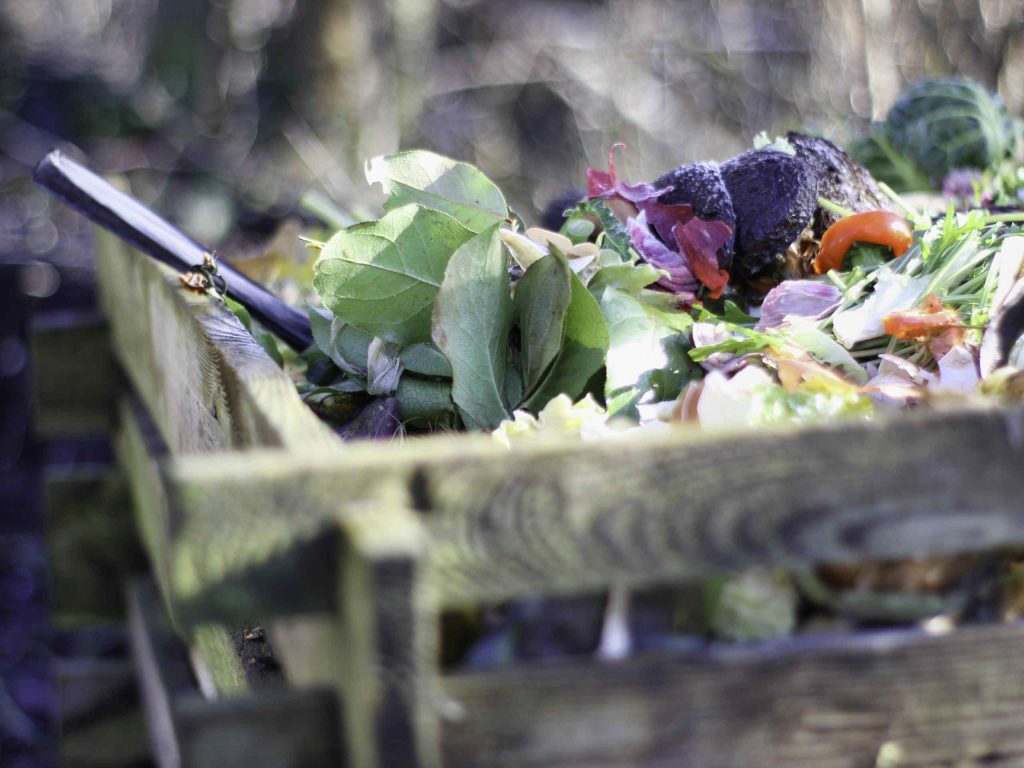Reducing food waste is an important issue in the catering industry. It is worth taking measures to reduce food waste, not only from an environmental perspective, but also from an economic one. Worldwide, one third of food ends up in the bin. In the EU, an estimated 173 kg of food waste is produced per person. Converted to Austria, that’s 143 fully loaded articulated lorries every day. Food waste is a massive problem for the environment. And means the loss of goods that have already been used.
We'll tell you how you can start saving money for a better future:
Lebensmittelabfälle sind in der Gastronomie ein großes Problem. Durch eine bewusste Planung, Lagerung und Verwertung von Lebensmitteln könnt Ihr als Restaurantinhaber oder Koch einen wichtigen Beitrag zur Reduzierung von Abfällen leisten und damit noch dazu Geld sparen.

Sandra Mühlberg combines over 80 vegetarian recipes with tips for stocking up, sustainable cooking, and relaxed kitchen moments. A book full of warmth, flavor, and inspiring self-care moments.
INFO
Green. Warm. Good.
Author: Sandra Mühlberg
Publisher: Callwey
Length: 224 pages
ISBN: 978-3-7667-2809-8
Price: €39.95
There is a tension between digital progress and emotional hospitality that is redefining the restaurant industry. AI, automation, and data-based processes are changing not only workflows, but also attitudes, communication, and expectations. What was once considered a gimmick is now becoming a strategic necessity. And perhaps the most important question of our time: How can humans remain relevant in a world that is becoming increasingly digital?


Reducing food waste is an important issue in the catering industry. It is worth taking measures to reduce food waste, not only from an environmental perspective, but also from an economic one. Worldwide, one third of food ends up in the bin. In the EU, an estimated 173 kg of food waste is produced per person. Converted to Austria, that’s 143 fully loaded articulated lorries every day. Food waste is a massive problem for the environment. And means the loss of goods that have already been used.